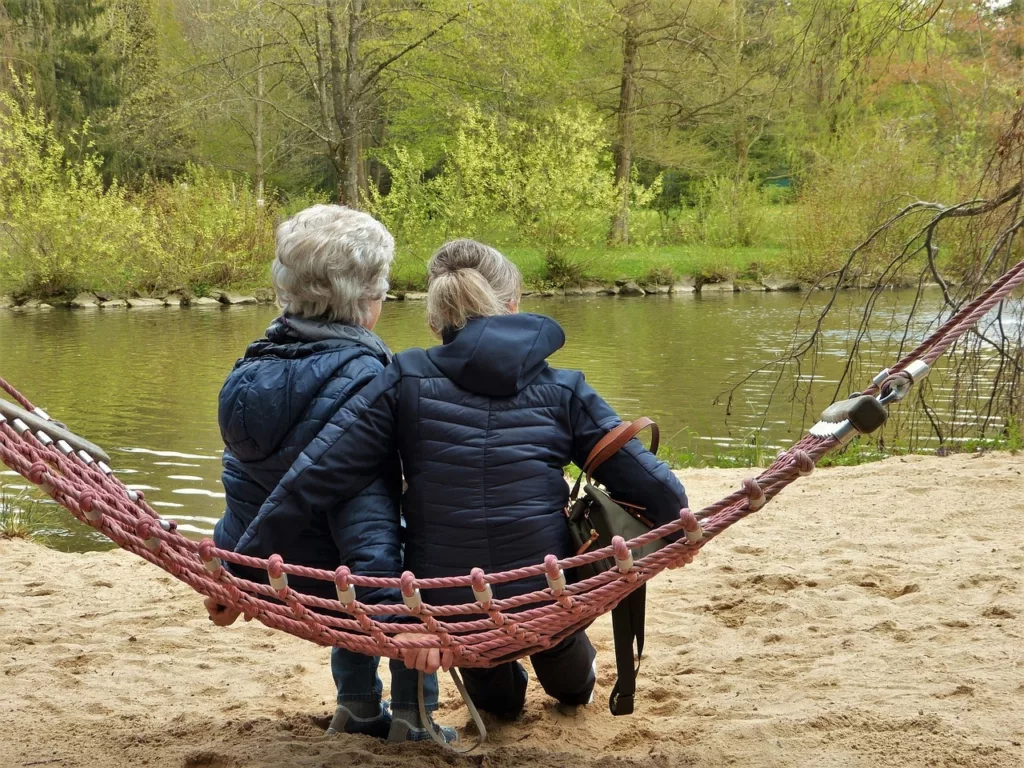
Having been diagnosed by a medical doctor with a memory-based illness such as Alzheimer’s, your husband, wife, boyfriend, or girlfriend will have so many questions, fears and worries about the future.
As important as it is to support them in coming to terms with their new situation, equally, so you’re able to do your best for them, you need to look after your own mental health, too. Here’s a helpful guide to supporting your partner with their diagnosis of dementia.
Build Exercise into Their Daily Routine
Routine is important for everyone, regardless of whether an individual has been diagnosed with dementia, although for such people, routine can go a long way to help preserve memory, especially in the short term.
Depending on where you live, choose a couple of short walking routes in and around the neighborhood, and if you have the freedom of time in your day, you could always drive to the coast or visit a national park every fortnight.
Prepare Healthy & Nutritious Meals
An outstanding feature of a luxury care home is the variety and quality of ingredients of the breakfasts, lunches, and dinners that are served to residents.
Luxury Morris Care homes only employ the most skilled chefs and kitchen staff who won’t only ensure that the food provided, both in terms of meals and snacks throughout the day, is of a high standard, but also that any allergies or dietary preferences are consistently and creatively catered for.
Make Sure They Stay Hydrated
As important as ensuring that both you and your partner eat the right kind of food to aid emotional and physical health, hydration is also an influential factor, especially moving forward as you begin to notice small changes in behavior.
Dehydration can be more than a little detrimental for anyone, but for those living with dementia, it can increase the risk of contracting a wide variety of different infections and even affect the mood and general happiness levels of the person.
Never Contradict Them
Over time, it’s an unfortunate fact that, unless your husband or wife is incredibly fortunate, eventually, both you and they will be able to detect the beginnings of cognitive decline.
Communicating with a loved one who’s living with dementia requires patience and compassion at every turn, with the following tips serving to help:
- Never undermining their confidence by contradicting them in public.
- Using shorter sentences and slowing down your speech.
- Touching their arm and offering encouraging nods and other silent affirmations.
- Maintaining natural eye contact while speaking and listening to them.
Learn Their Coping Strategies
There are several coping strategies which many people living with a dementia diagnosis use to navigate their way through such unchartered territory, with most people employing a combination of two or three.
Emotional coping strategies include living in the moment and enjoying the here and now, social strategies consist of seeking spiritual guidance or opening up to close family members and health improvement strategies, such as joining a gym, stopping smoking, or eating a healthier diet are all common strategies, and what’s more, very helpful ones.